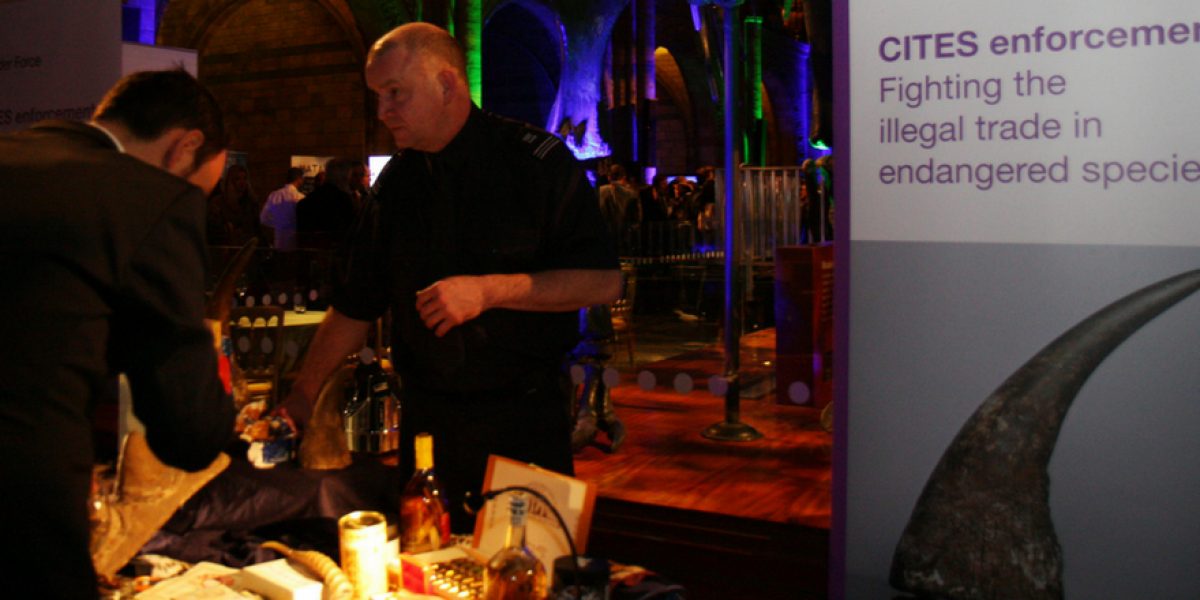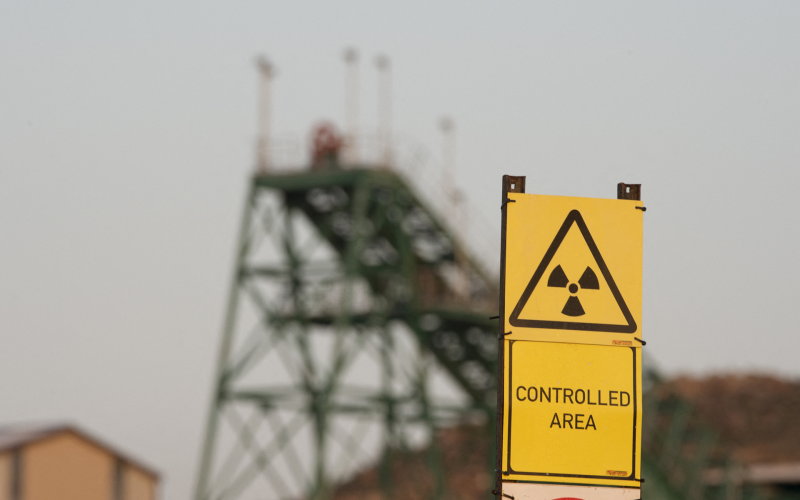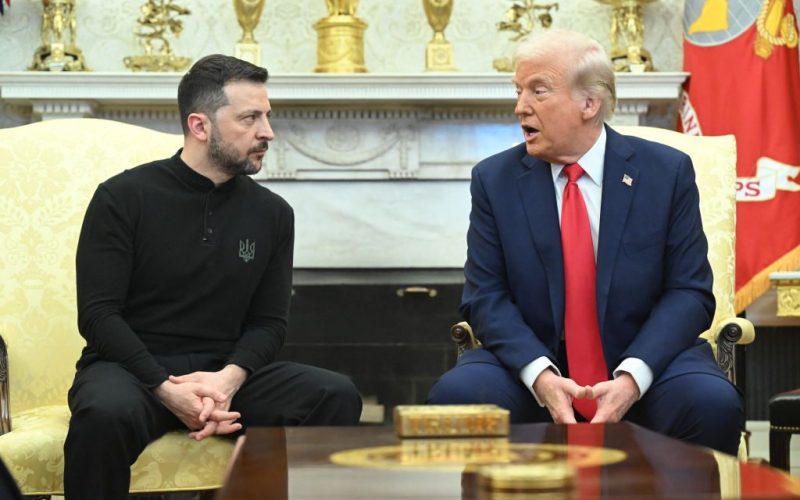The Convention on International Trade in Endangered Species of Wild Fauna and Flora (CITES) will address the growing threat from illegal trade at its forthcoming Conference of the Parties (CoP17). CITES is a regulatory treaty that is neither self-executing nor legally binding unless its provisions are reproduced in member states’ laws. Approximately half the parties still need to develop legislation to strengthen their implementation of the convention; 10 of the 17 parties designated by the CITES Secretariat as needing priority attention are in Africa. There is thus opportunity to harmonise legal frameworks for more effective CITES implementation. While parties improve their environmental laws, the secretariat can foster transregional consensus on trade controls, improve synergy with other conventions in the context of environmental crime, prioritise support to CITES scientific and management authorities in high-biodiversity countries, especially those subject to trade suspensions for non-compliance, and recommend raising penalties for illegal transactions in wildlife commodities known to finance conflict.







